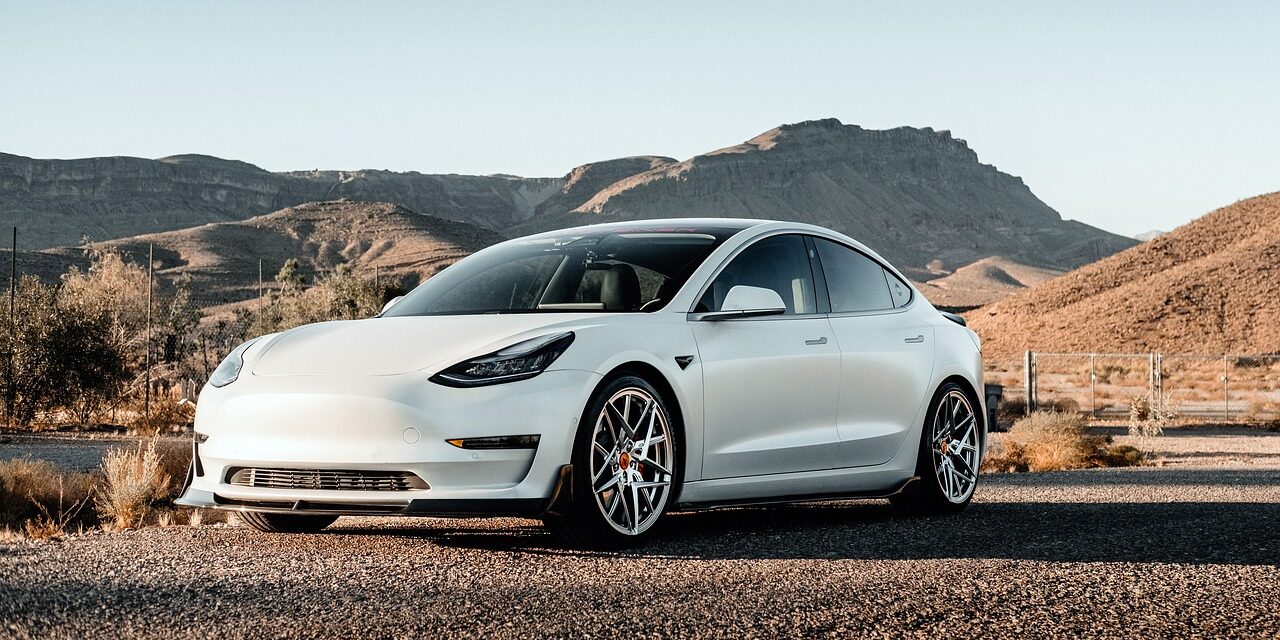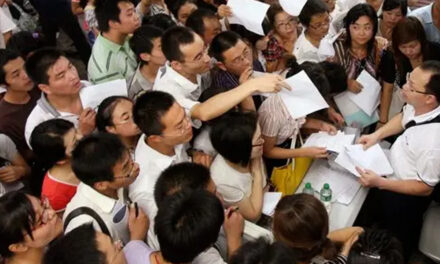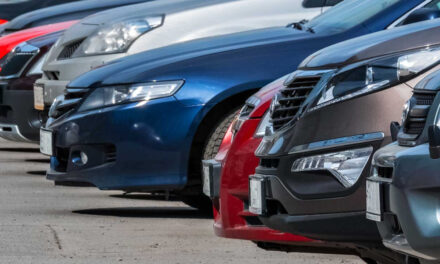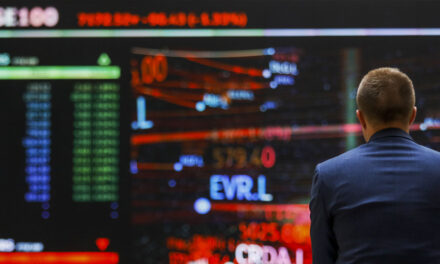The world’s leading electric vehicle (EV) manufacturer is set to head to court next month regarding its liabilities in a 2019 crash in Los Angeles that led to the death of a motorist and the disembowelment of one of his passengers. The company will also face another trial in October regarding another death which also occurred in 2019, but in Miami wherein the victim’s Tesla vehicle drove beneath the trailer of an eighteen-wheeler cargo truck.
Both cases involve Tesla Model 3s equipped with the company’s proprietary Autopilot System. In the Los Angeles case, the system caused the EV to veer off a highway east of the city as it was running at 65 miles an hour. The Model 3 crashed into a palm tree and exploded almost on contact, causing the death of driver Micah Lee and the disembowelment of an eight-year-old child who was one of his passengers at the time.
In the case of the Miami incident that caused the death of owner-driver Stephen Banner, the Model 3’s Autopilot System failed to brake or steer away from a potential collision. As a result, the car went under the truck’s trailer, getting its roof sliced off, thus causing Banner’s death.
Human Error?
While Tesla’s Autopilot System has long been called into question for flaws in its design and the occurrence of several accidents involving its vehicles, the company vehemently denies that it is culpable in either of the two cases.
Indeed, in the documents it filed with the courts, Tesla declared that human error was behind both accidents, reiterating that its Autopilot System is safe. In which case, it advised drivers to pay attention to the road even when the System is activated. It also insisted that none of its current models are self-driving.
Prior to the two upcoming trials, Tesla already won a trial in Los Angeles last April based on its claims that, despite the Autopilot appellation, its technology still needs human monitoring to work effectively.
Victim-Blaming
Despite its April win, Tesla remains wary as the stakes are considerably higher in the two upcoming trials as these are the first time that the company has been called out for the deaths of those driving its EVs.
Indeed, legal counsel for the plaintiffs in both cases are aware of the company’s insistence that it is in no way liable for the deaths and the way it has gone so far as to blame victims for defects in the Autopilot system.
Likewise, it was also pointed out that the company has failed to make any changes to its Autopilot System despite the rising number of accidents, fatal and otherwise, since 2016.















